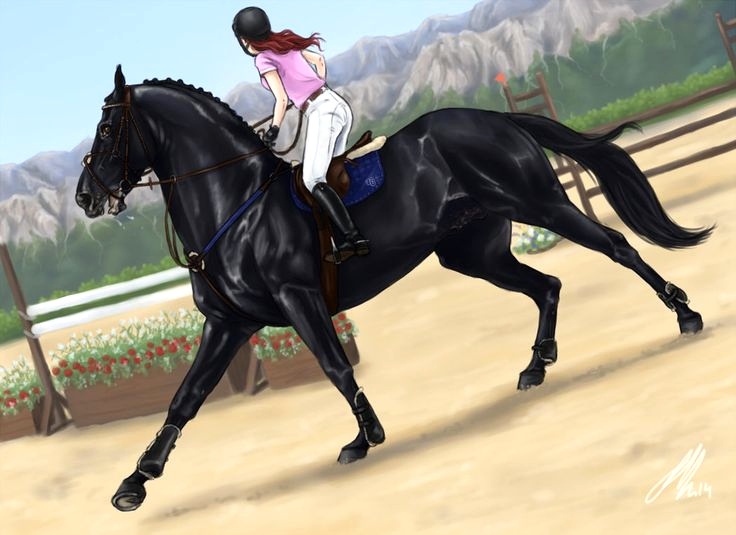Horses are herbivores and depend on forage for most of their nutritional requirements. While hay and grain are both important components of a horse’s diet, there is some debate as to whether hay should be fed before grain. In this article, we discuss the pros and cons of feeding hay before grain, and provide some tips on how to ensure your horse is getting the most out of their diet.
The Benefits of Feeding Hay Before Grain
When it comes to providing your horse with the best nutrition, hay should always be fed before grain. This is because hay is a source of roughage, which is essential for proper digestion and gut health. When horses are fed hay before grain, they are able to slowly digest the hay, allowing them to extract the maximum amount of nutrients from it.
Hay is also a good source of fiber, which helps to keep your horse full for longer. This is especially important for horses that are in work, as it helps to prevent them from becoming “hot” or stressed out. By providing your horse with hay before grain, you can ensure that they have enough energy to complete their work without becoming overexerted.
Furthermore, hay helps to stimulate saliva production, which is essential for good dental health. When horses eat hay, the fibers stimulate the production of saliva, which helps to keep their teeth clean and healthy. Hay also helps to remove plaque and tartar from the teeth, which can prevent the buildup of bacteria and infection.
The Disadvantages of Feeding Hay Before Grain
Although feeding hay before grain has many benefits, there are a few potential drawbacks to consider. For example, feeding too much hay can lead to obesity, as it is high in calories. Therefore, it is important to make sure that your horse is getting the right amount of hay based on their body weight and activity level.
It is also important to note that hay can be low in certain essential vitamins and minerals. If your horse is not getting the correct balance of nutrients, they may become deficient in certain vitamins and minerals, which can lead to health problems. Therefore, it is important to supplement your horse’s diet with grain and other feed sources in order to ensure they are getting the nutrients they need.
Tips for Feeding Hay Before Grain
When it comes to feeding hay before grain, there are a few tips to keep in mind. First, it is important to make sure that your horse has access to fresh, high-quality hay. Old or moldy hay can be difficult for horses to digest, and may contain harmful toxins.
It is also important to provide your horse with the right amount of hay based on their body weight and activity level. Too much hay can lead to obesity, while too little can lead to malnutrition. Therefore, it is important to consult your veterinarian or equine nutritionist to determine the right amount of hay to feed your horse.
Finally, it is important to monitor your horse’s weight and health closely while they are eating hay. If you notice any changes in their behavior or weight, it is important to consult your veterinarian right away.
Conclusion
In conclusion, feeding hay before grain can be beneficial for horses, as it is a source of roughage and fiber that is essential for proper digestion and gut health. However, it is important to make sure that your horse is getting the right amount of hay based on their body weight and activity level, and to supplement their diet with grain and other feed sources to ensure they are getting the vitamins and minerals they need. Ultimately, it is important to consult your veterinarian or equine nutritionist to determine the best diet for your horse.

